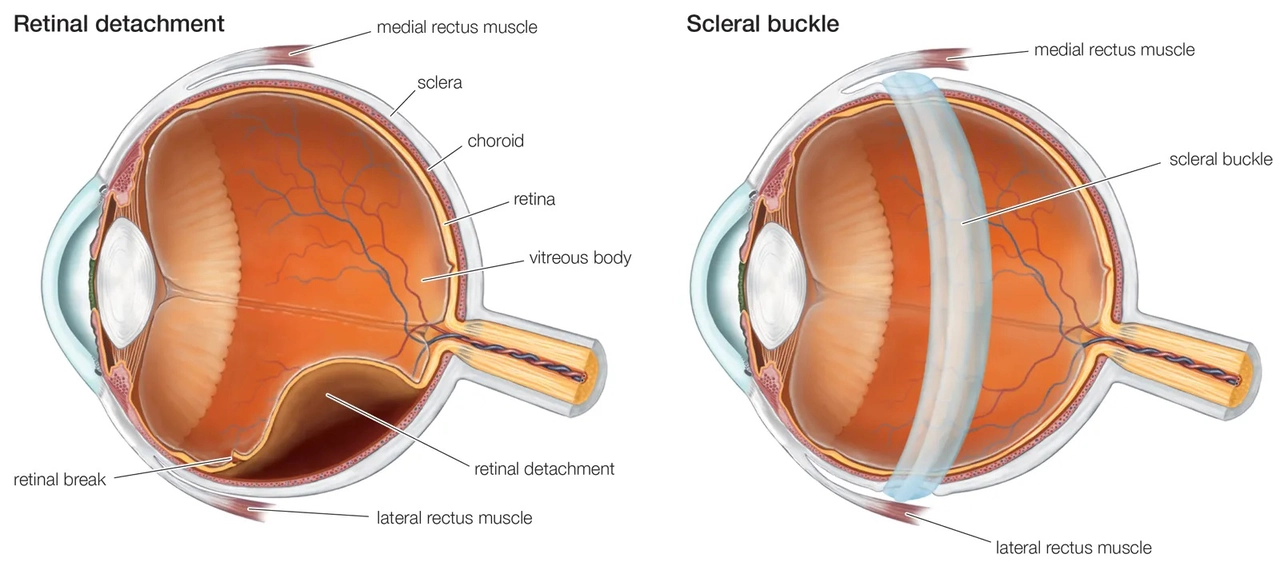Eye Health: Practical Tips to Protect Your Vision
Your eyes work hard every day. A few simple habits can cut your risk of trouble and keep vision clear for years. This page gives down-to-earth tips you can use now: daily routines, what medicines can harm your eyes, and clear signs that mean you should seek care.
Daily habits that help
Give your eyes a break during long screen sessions. Try the 20-20-20 rule: every 20 minutes look 20 feet away for 20 seconds. Blink more when reading or using screens to avoid dry eyes.
Wear sunglasses that block UV when you’re outdoors. UV exposure speeds cataract and macular damage over time. A wide-brim hat adds extra protection on bright days.
Eat foods that support eye health. Leafy greens (spinach, kale), orange vegetables (carrots, sweet potatoes), and oily fish (salmon, mackerel) give you lutein, zeaxanthin, vitamin A, and omega-3s—nutrients linked to better macular and tear health.
Quit smoking. Smoking raises the chance of cataracts, macular degeneration, and poor circulation to the eye. If quitting feels tough, ask your doctor about practical help.
Keep chronic conditions under control. High blood sugar and high blood pressure both damage tiny blood vessels in the eye. If you have diabetes or hypertension, get eye exams at the schedule your doctor recommends.
Medications and eye safety
Some drugs affect vision. Corticosteroids (oral or long-term eye drops) can increase cataract risk and raise eye pressure, which may lead to glaucoma. Isotretinoin (for acne) commonly causes dry eyes and contact lens discomfort. Hydroxychloroquine and chloroquine can cause retinal changes with long-term use—regular screening is needed if you take them.
Don’t stop a prescribed medicine without talking to your prescriber. If you notice blurred vision, new floaters, sudden flashes, double vision, or severe eye pain after starting a drug, call your doctor or eye clinic right away.
Buying meds online? Use only trusted pharmacies and keep medicines stored as advised. Poor storage can reduce effectiveness—this is especially true for eye drops and antibiotics. If a medication looks or smells unusual, don’t use it and ask a pharmacist about safe disposal.
Contact lens users: follow cleaning and replacement rules. Never sleep in lenses unless they’re prescribed for overnight wear. Old or improper lens care raises the risk of serious infections.
When to see an eye doctor: sudden vision loss, new flashes or many new floaters, severe pain, or signs of infection (redness, discharge, light sensitivity) need urgent attention. For routine checks, adults should get a comprehensive eye exam every 1–2 years, sooner if you have risk factors.
Small changes now pay off. Protect your eyes with simple daily habits, watch how medicines affect vision, and see an eye professional when anything changes. Clear steps, regular checks, and smart medication choices keep your vision working for life.
The Relationship between Ocular Hypertension and Retinal Detachment
In a recent study, I came across the fascinating connection between ocular hypertension and retinal detachment. Ocular hypertension, characterized by increased pressure within the eye, has been found to potentially contribute to retinal detachment, a serious condition where the retina pulls away from its supporting layers. This relationship is crucial to understand, as early detection and management of ocular hypertension can help prevent the development of retinal detachment. Moreover, retina specialists should be aware of this correlation to ensure they provide the best care for their patients. Overall, understanding the link between these two eye conditions can lead to improved eye health and vision preservation.
